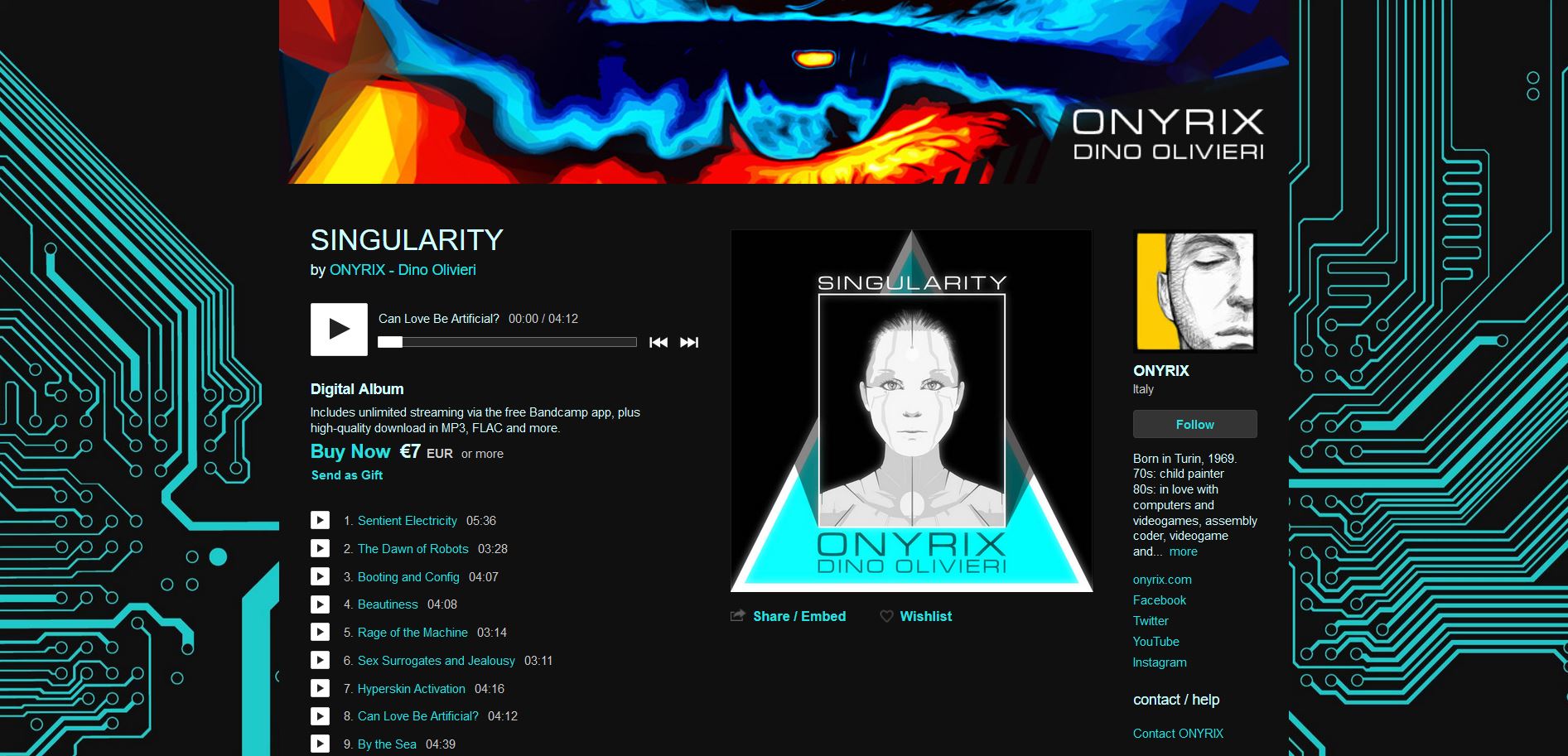SINGULARITY in Theaters.
Artificial intelligence is an increasingly contemporary topic. Whether it is scientific, medical, industrial, or even artistic, it poses humanity to ethical and moral questions of enormous proportions.
Going through the classic science fiction canonisms with the contemporary scientific chronicle suggests a story that raises questions about the value of emotions, feelings, and the possible coexistence of the human being with the car. At the heart of the story is a young pair of researchers who get the job of testing an evolved artificial intelligence model. The android should be subjected to field testing by inviting an unknown host to interact by simulating human attitudes.
The text and direction are by Raffaele Lamorte (29 years old) who has produced a show characterized by a strong, dry and violent language with intense and controversial content that prompts a reflection. On stage there are Luca Durante (27 years old) in the role of Eddie, a researcher entrusted with the project; Valentina Sandri (22 years old) is Emma, deus ex machina, who breaks up the issues related to the ethics and morality of artificial intelligence; Giulia Aglianò (23 years old) interprets Amanda, Eddie’s life and work partner; While Eleonora Monticone (22 years old) falls in the role of Ida’s android. The costumes and scenes are by Manuela Gi, while the original soundtrack is by Dino Olivieri.
This article is an automatic translation made by an A.I.bot in development, so, if it is not perfect, please be patient.
Thank you!
Listen or Buy SINGULARITY Soundtrack by Onyrix / Dino Olivieri
- Spotify: Singularity by Onyrix / Dino Olivieri
- Deezer: Singularity by Onyrix / Dino Olivieri
- Napster: Singularity by Onyrix / Dino Olivieri
- iTunes: Singularity by Onyrix / Dino Olivieri
- Amazon: Singularity by Onyrix / Dino Olivieri
- GooglePlay: Singularity by Onyrix / Dino Olivieri
- Bandcamp: Singularity by Onyrix / Dino Olivieri
- CDBaby: Singularity by Onyrix / Dino Olivieri
Links
La Stampa article about SINGULARITY show (language: italian)
Tecnological Singularity
The technological singularity (also, simply, the singularity) is the hypothesis that the invention of artificial superintelligence (ASI) will abruptly trigger runaway technological growth, resulting in unfathomable changes to human civilization.
According to this hypothesis, an upgradable intelligent agent (such as a computer running software-based artificial general intelligence) would enter a “runaway reaction” of self-improvement cycles, with each new and more intelligent generation appearing more and more rapidly, causing an intelligence explosion and resulting in a powerful superintelligence that would, qualitatively, far surpass all human intelligence.
Stanislaw Ulam reports a discussion with John von Neumann “centered on the accelerating progress of technology and changes in the mode of human life, which gives the appearance of approaching some essential singularity in the history of the race beyond which human affairs, as we know them, could not continue”.
Subsequent authors have echoed this viewpoint.
I. J. Good’s “intelligence explosion” model predicts that a future superintelligence will trigger a singularity.
Emeritus professor of computer science at San Diego State University and science fiction author Vernor Vinge said in his 1993 essay The Coming Technological Singularity that this would signal the end of the human era, as the new superintelligence would continue to upgrade itself and would advance technologically at an incomprehensible rate.
Four polls, conducted in 2012 and 2013, suggested that the median estimate was a 50% chance that artificial general intelligence (AGI) would be developed by 2040–2050.
In the 2010s, public figures such as Stephen Hawking and Elon Musk expressed concern that full artificial intelligence could result in human extinction.
The consequences of the singularity and its potential benefit or harm to the human race have been hotly debated.
Dino Olivieri’s Music
Dino Olivieri on Soundcloud
Dino Olivieri on Bandcamp
Dino Olivieri on Spotify
Dino Olivieri on Apple Music
Dino Olivieri on Amazon Music
Dino Olivieri on Napster
Dino Olivieri on Deezer
Dino Olivieri on Tidal
Dino Olivieri on Youtube Music
Dino Olivieri on AWA Music
Dino Olivieri on KKBOX
Dino Olivieri on Yandex


